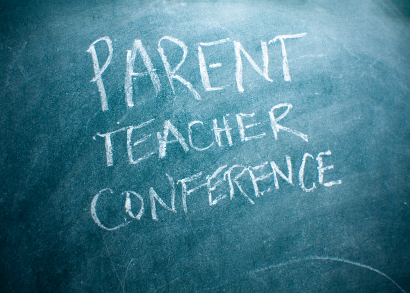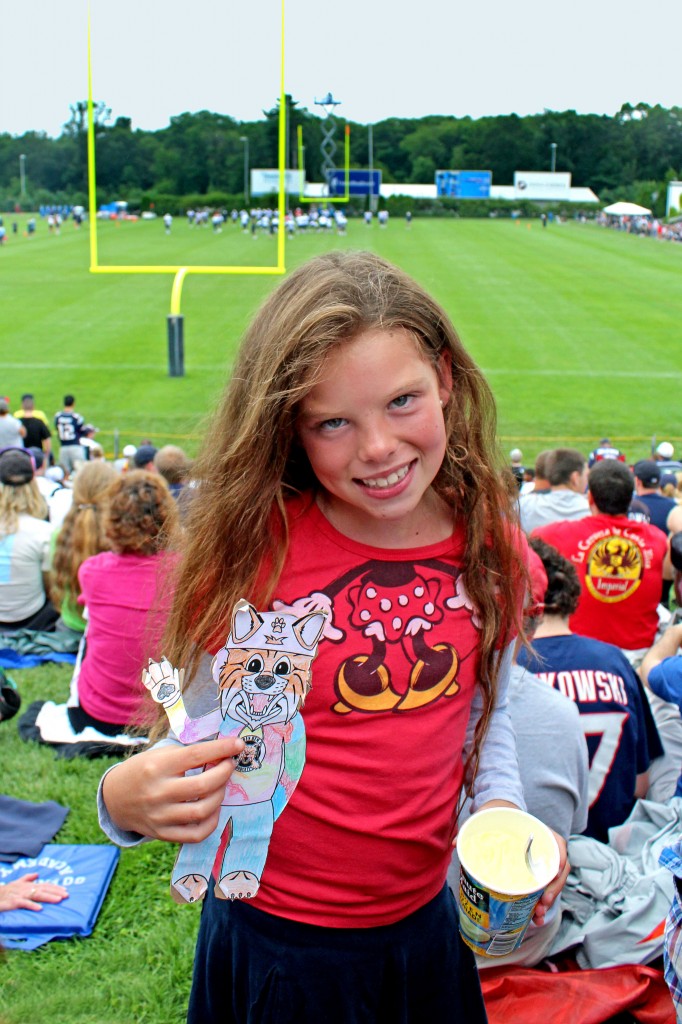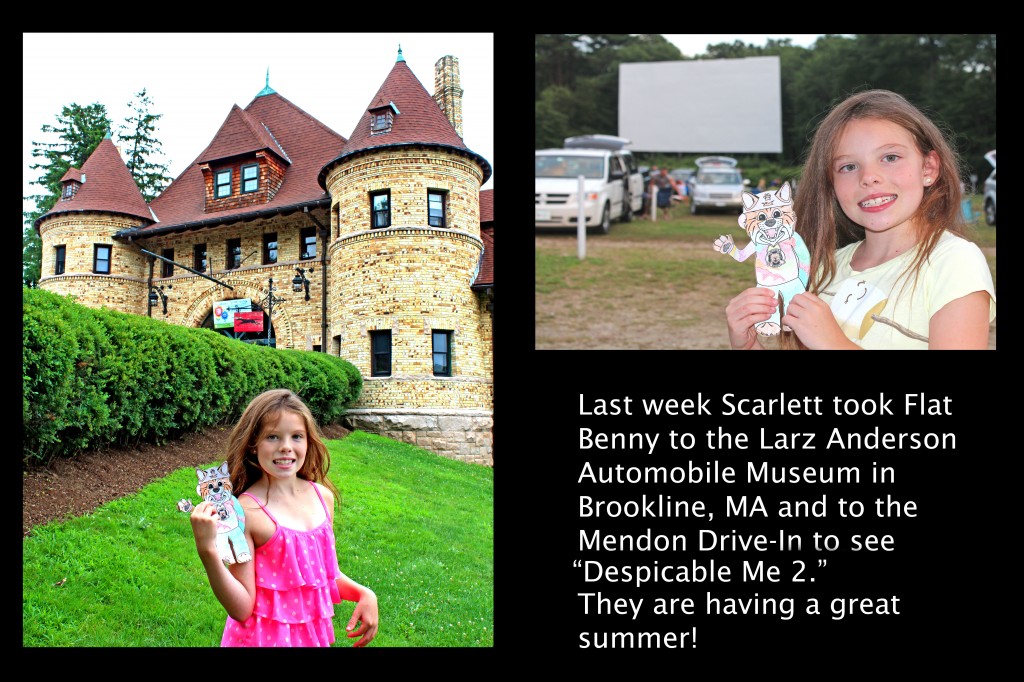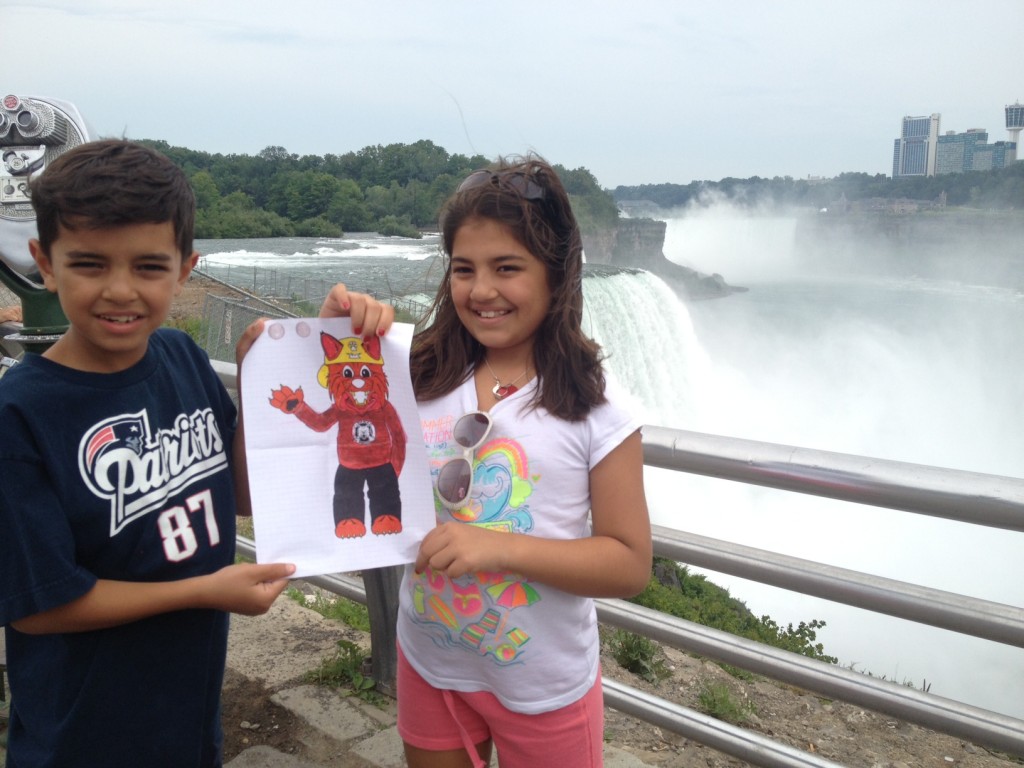 Strong communication between home and school is critical to the success of our students and children. Parent-teacher conferences are one formal mechanism we use to support and enhance the home-school connection. Parent-teacher conferences take place formally twice per year; in November and April. This year’s dates are November 7th and 13th and April 8th and 16th. These are important times for teachers and families to review progress, address concerns, and plan strategically for the coming months. It goes without saying that these conferences are very important to the education of our students. Teachers spend many hours preparing for conferences and there are many things parents can do to ensure efficient and effective conferences.
Strong communication between home and school is critical to the success of our students and children. Parent-teacher conferences are one formal mechanism we use to support and enhance the home-school connection. Parent-teacher conferences take place formally twice per year; in November and April. This year’s dates are November 7th and 13th and April 8th and 16th. These are important times for teachers and families to review progress, address concerns, and plan strategically for the coming months. It goes without saying that these conferences are very important to the education of our students. Teachers spend many hours preparing for conferences and there are many things parents can do to ensure efficient and effective conferences.
- Come Prepared
- Take time in the days preceeding the conference to gather your thoughts. What questions do you have for the teacher? What concerns do you have? What is it you would like your child to focus on in the coming weeks and months?
- Stay Positive and Focused
- Productive, goal oriented conversations are critical. Discussions about our children aren’t always easy. We have all kinds of hopes, dreams, expectations, and feelings for and about our children. Both you and your child’s teacher are there to discuss and carry out actions that are in the best interests of your child. Keeping this fact in mind will help maintain focus on what’s most important.
- Talk to Your Child Before and After the Conference
- We often overlook the fact that children are very important members of our team. Involving students in the decisions that impact their lives is critical for two primary reasons. First it provides a sense of agency. Children need to understand that they play a key role in determining the course and outcome of their lives. Second, it builds ownership and accountability. When children are involved in the processes and decisions that impact their lives, they are more likely to engage in the plans and hold themselves accountable to goals and outcomes.
- Talk to your children before the conference. Ask them questions. What do they think they need to work on? What are their strengths? What questions do they have?
- After the conference, let your children know what you discussed during the conference. Answer the questions they posed and clearly lay out goals and expectations for the coming weeks and months.
If you would like other tips and more reading on Parent-Teacher conferences, check out the following links:
National Education Association








